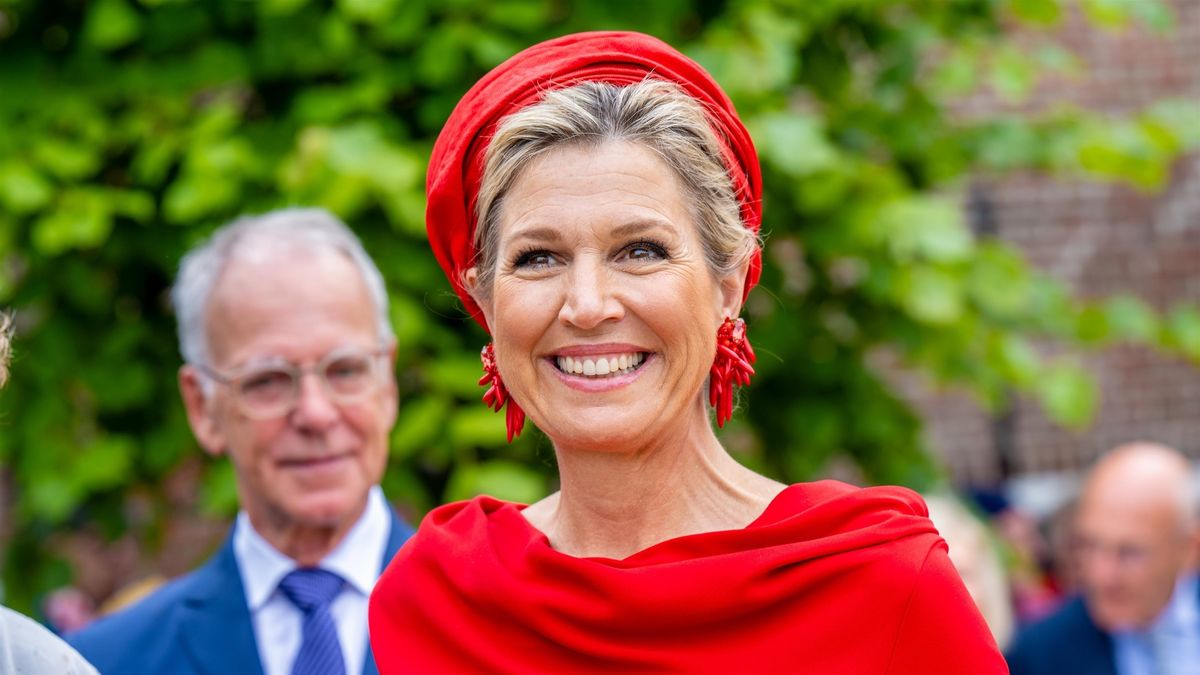Representatives from the United States, Europe and Latin America will discuss how to balance innovation with the protection of human rights in Buenos Aires. The event will bring together specialists from governments, academia, industry, the media and civil society.
More than 20 experts from around the world will meet at the DemocracIA Forum to analyze the impacts of artificial intelligence (AI) on Latin American democracies. Organized by Luminate, Civic Compass and the International Fund for Public Interest Media (IFPIM), the event will take place on Tuesday, September 24 from 8:30 a.m. to 4 p.m. at the Museum of Modern Art of Buenos Aires (Av. San Juan 350, San Telmo).
The forum will discuss how to regulate technology, how to innovate responsibly, and what challenges AI poses to electoral processes, exploring lessons for Latin America. In fact, 2024 has been named “the year of elections,” with 64 countries going to the polls.
“Artificial intelligence opens up many opportunities, but it can deepen historical inequalities, poses specific risks to rights such as freedom of expression, and can interfere with electoral processes. We still have time to balance technological innovation with the protection of human rights, and we must act now,” said Gabriela Hadid, director of Luminate for Latin America.
The first panel will explore AI regulatory experiences in Latin America, the United States, Canada, and Europe to incorporate lessons learned into the specific needs and contexts of Latin America. Panelists include Samara Castro, Director of Promotion of Freedom of Expression for the Presidency of Brazil, who will discuss efforts to regulate the technology following Brazil’s recent ban on X and the national AI plan; Argentina’s Vanina Martínez, Senior Scientist at the Barcelona Institute for Artificial Intelligence Research and member of the United Nations Advisory Body on Artificial Intelligence; and Maroussia Lévesque, Professor at Harvard Law School.
The second panel will delve into responsible innovation around AI development. Representatives from Meta and Microsoft in Argentina will speak with Luciana Benotti, a professor at the National University of Córdoba and a doctor in Computer Science who researches natural language processing from a human rights perspective; Claudia López, a researcher at the National Center for Artificial Intelligence in Chile; Paola Ricaurte, from Harvard University; and Harry Farmer, a senior researcher at the Ada Lovelace Institute in the United Kingdom, an organization that works to ensure that data and AI are at the service of people.
With elections in Europe, Mexico and the United States, among other countries, in 2024, and looking ahead to the Argentine legislative elections in 2025, the third panel will discuss the potential of AI to affect electoral processes. Menno Cox, Head of Sector for Global Aspects of Digital Services and Platforms at the European Commission, and Carlos Cortés, Director of Linterna Verde (Colombia) – an organization that works to strengthen the action of civil society in the digital public debate – and member of TikTok’s advisory board on security and trust for Latin America, will debate the effects of technologies on the electoral public debate.
Social networks and media
In addition, the workshop “Successes and mistakes: lessons learned from the regulation of social networks for AI,” moderated by Gastón Wright, director of Civic Compass, and Diana Montealegre, from the Special Rapporteur for Freedom of Expression of the Inter-American Commission on Human Rights, will provide keys to thinking about how to legislate technology. “Regulations in digital environments require decision-makers to have two very specific skills: legislating based on data and evidence, as well as defending the human rights of their citizens,” said Wright.
The workshop “Challenges and opportunities of the impact of AI on journalism” will be moderated by Vanina Berghella, regional director for Latin America and the Caribbean of IFPIM, and will provide tips on how to ethically incorporate AI into journalistic routines. “AI is transforming the media landscape with the creation of automated content and the personalization of information. This advance raises ethical debates about algorithmic bias, misinformation and the impact on the quality of journalism,” explained Berghella.
Digital art technologist Cristian Reynaga will create an interactive experience using artificial intelligence. The audience will be able to participate by putting their drawings on an interactive screen, which will then be manipulated with AI.
Source: Ambito
I am an author and journalist who has worked in the entertainment industry for over a decade. I currently work as a news editor at a major news website, and my focus is on covering the latest trends in entertainment. I also write occasional pieces for other outlets, and have authored two books about the entertainment industry.




